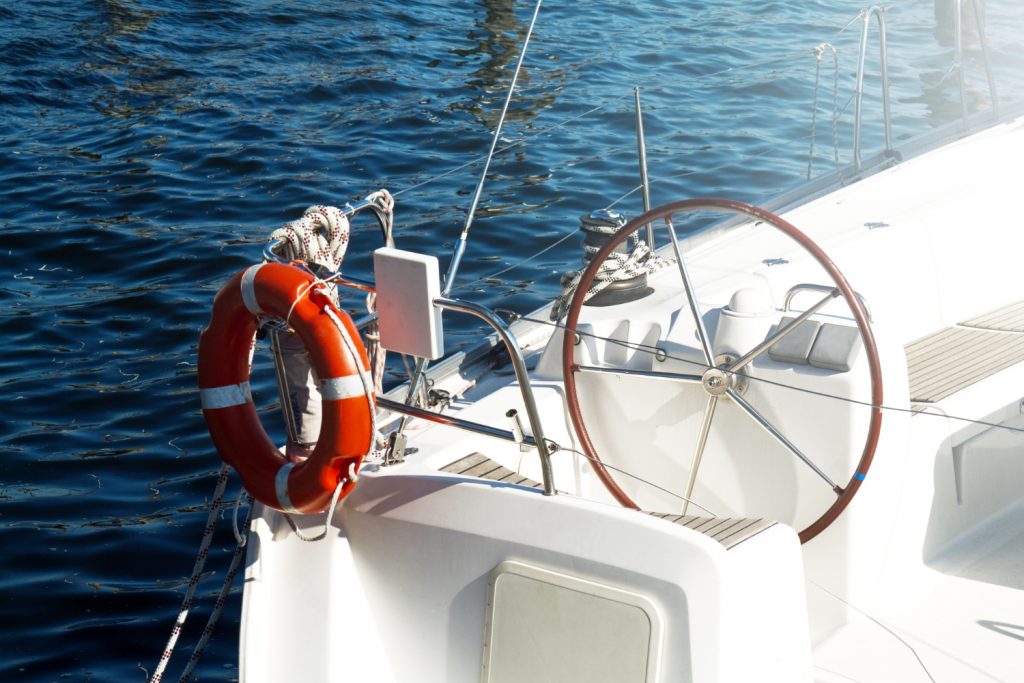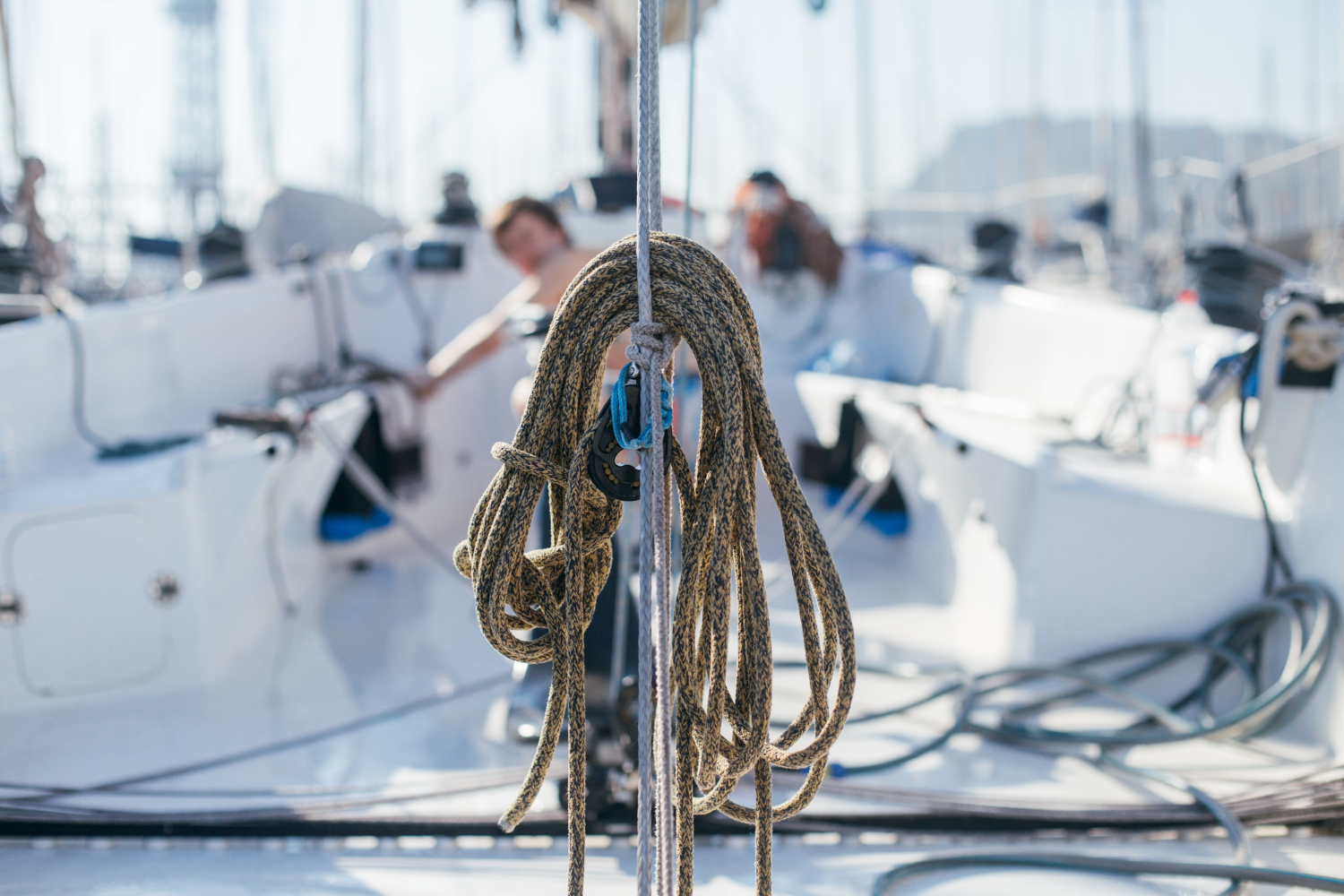The yachting industry is undergoing a major transformation. As climate concerns rise and marine preservation becomes urgent, combining technology and eco-friendliness is no longer optional. Yacht builders and designers are now turning to innovation to ensure that yachting aligns with environmental responsibility.
A New Era of Sustainable Yachting
Luxury yachts once symbolized extravagance and environmental neglect. However, that image is changing. The yachting industry is shifting toward sustainability and energy efficiency. This transformation is fueled by growing consumer awareness, tighter environmental regulations, and a new generation of eco-minded yacht owners.
Across all regions, the market is projected to grow, with innovation at its core. Renewable energy sources like solar and hydrogen are powering vessels, highlighting the push toward greener propulsion technologies.

Hybrid and Electric Systems: Powering Progress
Many yacht builders now replace traditional diesel engines with hybrid or electric propulsion systems. These new technologies cut emissions and significantly reduce noise. As a result, they enhance both the onboard experience and environmental performance.
In the superyacht segment, builders invest in hybrid propulsion systems that use batteries supported by solar energy. These developments allow luxury yachts to operate in low-emission or emission-free modes for extended periods.
Design teams are also optimizing hull shapes and incorporating energy-saving technologies. These efforts reduce drag and improve fuel efficiency, further shrinking the environmental impact.
Green Materials and Smarter Designs
Today’s yachts feature more than just eco-friendly engines. Builders have begun using sustainable materials like recycled aluminum and responsibly sourced wood. Eco-resins are replacing harmful construction chemicals, making vessels more environmentally sound from the ground up.
Moreover, smart energy management systems and low-impact HVAC units reduce onboard energy consumption. Yachts also include systems that reuse water, use biodegradable cleaning products, and harness natural light through advanced design.
Thanks to these innovations, the yachting industry is redefining luxury to include environmental stewardship as part of the ownership experience.
Eco-Friendly Yacht Charters Gaining Popularity
Yacht charters are also adapting. Companies now offer hybrid-powered options and carbon offset programs. Some even donate to marine conservation with each booking, making chartering a more sustainable choice.
This trend is more than a niche. In fact, the charter market is helping to accelerate eco-friendly innovation. Customers are eager to try greener vessels, encouraging builders to refine these features even faster.
Regions like Hong Kong, New Zealand, and Monaco have already embraced eco-charters. As awareness spreads, more charter operators will likely adopt similar practices.
Regulations and Green Certifications Push Progress
Government policies and industry standards also encourage this transition. Maritime regulations now demand lower emissions, better waste management, and cleaner fuel technologies.
Many yacht builders seek certifications like the Green Passport and Environmental Product Declaration (EPD). These endorsements signal transparency and commitment to sustainability, and they matter more than ever to environmentally conscious buyers.
To remain competitive, companies must meet these requirements while continuing to innovate. Fortunately, many builders already recognize the opportunity.
The Road Ahead for Eco-Friendly Yachting
Looking ahead, the yacht market continues to expand. In fact, the luxury yacht market was worth over $8 billion in 2021 and is expected to grow steadily. As this growth accelerates, combining technology and eco-friendliness will remain central to the yachting industry.
Artificial intelligence, automation, and big data will play an even greater role. For example, yachts may soon use smart systems to optimize routes, reduce fuel usage, and track emissions in real time.
Additionally, more yachts will include onboard sensors that monitor water quality and marine ecosystems. These innovations align with global trends toward sustainability, making them essential for future-ready vessels.
Overcoming Obstacles to Greener Seas
Despite the progress, challenges persist. Developing high-performance, emission-free technologies remains expensive and complex. Retrofitting older yachts also requires significant investment.
Yet the industry must keep moving forward. If builders and owners fail to adapt, they risk falling behind in a market that increasingly values sustainability.
Fortunately, many stakeholders recognize these risks. They are taking proactive steps to invest in green R&D, build partnerships, and educate their customers.
Educating Buyers and Setting New Expectations
Consumer education plays a crucial role in driving eco-friendly innovation. As buyers learn more about the environmental impact of traditional yachting, they begin to demand cleaner, smarter alternatives.
Brands now share sustainability reports and highlight the benefits of green design in their marketing. These efforts shift consumer behavior and reinforce the message that responsible luxury is the future.
Moreover, customers in the luxury yacht market are embracing this shift. Younger buyers, in particular, prioritize sustainability and view it as a core part of the yachting experience.
Final Thoughts: A Greener Horizon for the Yachting Industry
Combining technology and eco-friendliness in the yachting industry marks a major step toward a sustainable future. Through advanced propulsion, smart materials, and shifting consumer values, the industry is undergoing a vital transformation.
As the market is projected to grow, builders and operators must stay ahead by embracing these changes. The path won’t be easy, but the rewards—both for the environment and for future generations of yacht lovers—will be worth the effort.
Ultimately, the next era of yachting will offer more than just prestige and performance. It will provide a way to enjoy the ocean while protecting it—offering not just an unforgettable experience, but also a cleaner legacy.


